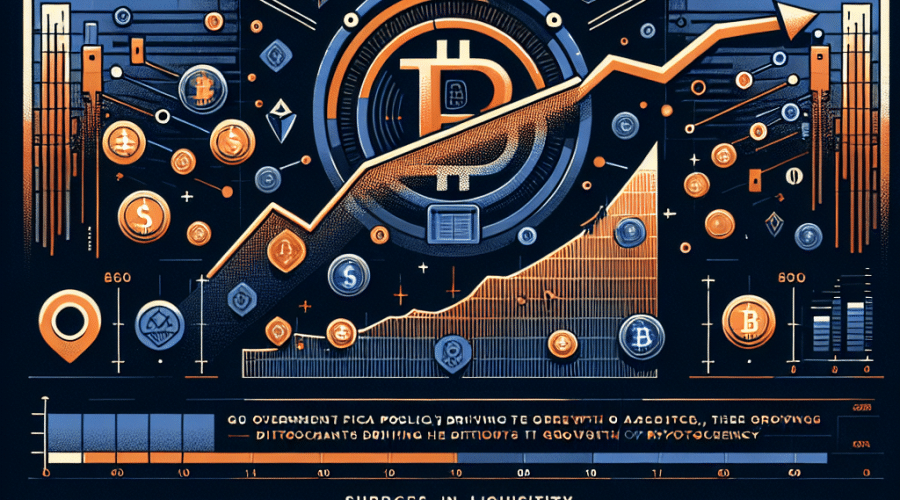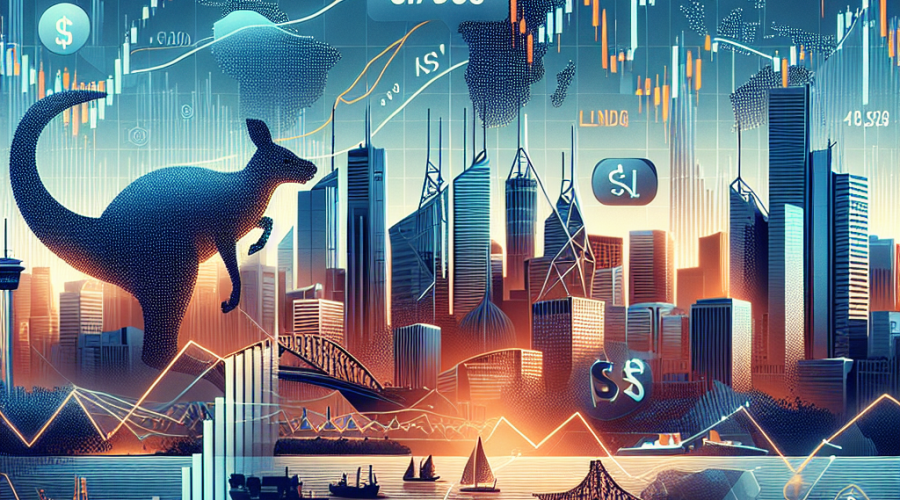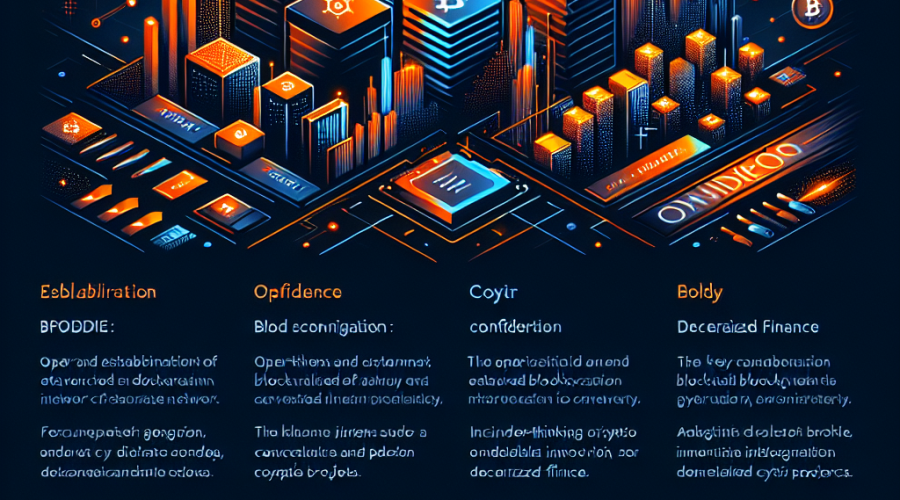Roblox Stock Dips as Bookings Growth Slows: An In-depth Look at Market Dynamics and Analyst Reactions
Roblox Corporation (NYSE: RBLX) has found itself in the financial spotlight this week as its stock experienced a notable decline of up to 5%, raising eyebrows across the investment community. The downturn follows a mix of insider share sales, including a high-profile exit by Ark Invest’s Cathie Wood, as well as fresh data revealing a deceleration in bookings growth—particularly in the company’s core U.S. and European markets. Despite this, leading analysts remain optimistic about the company’s future, referencing its resilient user base and international momentum as reasons to maintain elevated price targets. Let’s break down the key developments, market data, and expert perspectives underpinning this pivotal week for Roblox.
Insider Sales Shake Market Confidence
The initial shock to RBLX stock this week came as news broke that a director at Roblox sold a significant block of shares. Compounding market jitters, renowned investor Cathie Wood—whose funds are often viewed as a bellwether for technology sector sentiment—fully liquidated her Roblox position. These insider moves often serve as cautionary signals to retail and institutional investors, prompting speculations about potential headwinds that may not yet be widely acknowledged in public discourse. Historically, insider selling does not always signal imminent trouble, but when coupled with disappointing growth metrics, it can stoke fears of a lagging earnings cycle.
These actions precipitated immediate market reactions. The stock’s pullback erased a slice of its previous year-to-date gains, which had reached an impressive 126.89% prior to the recent downturn. Daily average trading volume remains robust at 8.5 million shares, underscoring Roblox’s standing as one of the most closely watched stocks among digital entertainment companies.
Deceleration in U.S. and European Bookings Growth
Beyond insider sales, the most impactful data point for investors stems from new research by M Science analyst Corey Barrett. His September report highlights a sudden and stark slowdown in bookings growth—the primary metric for actualized user spending on Robux, subscriptions, and other in-game purchases.
According to the data, U.S. bookings growth plummeted to the low 30% year-over-year range in September, after enjoying mid-to-high 40% rates in August. Just two months earlier, in July, growth had soared to between 50% and 60%. This rapid cooling over the span of less than two fiscal quarters is rare for a company as digitally native and youth-oriented as Roblox. For an investor, consistency in bookings is often a proxy for both monetization strength and future revenue visibility.
The slowdown is not isolated to the United States. European markets, considered among Roblox’s most mature and lucrative, also saw a concurrent deceleration in bookings growth. Barrett attributes this dip primarily to seasonal trends, particularly the back-to-school period when children and teenagers, representing a significant portion of Roblox’s user base, shift focus away from gaming and toward academic responsibilities. He described this as a “rationalization of growth in more mature markets.”
Contrast: International Markets Continue to Thrive
While the cooling in North America and Europe has drawn negative headlines, a different story is unfolding in other parts of the world. Emerging markets and non-core territories for Roblox maintain growth rates at close to peak levels—significantly outpacing the platform’s more established regions. International expansion continues to represent a bright spot in the company’s financial profile.
Notably, mobile Daily Active User (DAU) statistics climbed across all geographies in the third quarter. In September, both the U.S. and Asia-Pacific regions saw low single-digit percentage increases in mobile DAUs, while Europe and other international markets achieved new record engagement figures. This points to the enduring appeal of Roblox’s platform as digital connectivity rises globally, especially in regions where in-home entertainment and mobile-first lifestyles are on the ascent.
This diverse global footprint provides a buffer against localized softness in bookings. It also means that any innovations or new monetization models deployed by Roblox could find rapid adoption among international users, driving renewed growth curves in the quarters to come.
Engagement vs. Monetization: The Wall Street Dilemma
For many Wall Street analysts and investors, the September performance created a puzzling scenario: Daily Active Users—an important leading indicator of platform health—continues to rise at a healthy clip. Yet this engagement is not translating to the kind of bookings growth that had been previously forecasted.
Barrett succinctly summed up investor sentiment by stating bookings growth remains “objectively strong,” especially in the context of overall digital media. The challenge lies in elevated expectations. Strong user engagement numbers, in theory, should portend accelerating, not decelerating, bookings. The mismatch between engagement and monetization calls into question whether Roblox is optimizing its revenue streams or if macro-level factors such as economic uncertainty, inflation, or changing user spending habits are in play.
The latest data highlight the tightrope walk Roblox must conduct—balancing efforts to keep its platform appealing and safe for young audiences while also deploying new features that enhance monetization without alienating its core user base.
Analyst Community Remains Bullish Despite Setbacks
Despite the whiplash in bookings growth, major Wall Street institutions remain convinced that Roblox is well-positioned for long-term success. Notably, analysts at Wells Fargo and BMO Capital raised their respective price targets for RBLX shares, signaling continued faith in the company’s foundational strengths and its creative economy model.
Their rationale is rooted in the unique value proposition Roblox offers: a vast, engaged, and global user base; a thriving creator ecosystem producing user-generated content; and fast-growing international adoption. The company’s distinctive role as both a social platform and game developer provides it with a competitive moat that is difficult for traditional gaming companies to replicate.
Technical signals also suggest that the stock’s recent retreat may present an entry opportunity for growth-focused investors. Many algorithmic models still indicate a “buy” rating for the stock based on longer-term trend lines and volatility indices.
However, the bullish case does acknowledge certain risks. Chief among them is the need for Roblox to diversify its revenue streams beyond strictly bookings and in-game purchases, especially as competition intensifies in both the gaming sector and wider social entertainment space. Strategic investments in immersive technology, brand partnerships, or even education-focused initiatives could serve as future catalysts for the stock.
Outlook: Balancing Caution With long-term Optimism
As Roblox closes out a volatile week on Wall Street, the company exemplifies the dual narratives common to disruptive tech firms: short-term bumps amid undeniable long-term potential. On one hand, the slowing of bookings growth in its largest, most mature markets raises understandable concerns about overexuberance in prior projections and indicates that monetization may lag user growth in certain economic climates.
On the other hand, the company’s ability to expand globally, continually hit new records in user engagement internationally, and secure the confidence of blue-chip analysts positions it as a resilient player in the interactive entertainment sector. The $92.94 billion market capitalization and the company’s outsized influence among Gen Z and Gen Alpha users are not assets to be dismissed lightly.
For forward-looking investors and Roblox stakeholders, the path ahead will depend on the company’s agility in developing and iterating on its core business model. The next chapters could see Roblox branching out into augmented reality, expanding corporate partnerships, and capitalizing on the broader metaverse trend.
In summary, Roblox’s journey reflects the broader volatility of tech stocks in a rapidly shifting economic landscape. Bookings growth may have plateaued in developed markets, but global user engagement and the continued evolution of its platform keep optimism alive. In the coming quarters, investors and gamers alike will be watching closely to see how Roblox adapts and innovates to maintain its leadership in digital play and creativity.


















